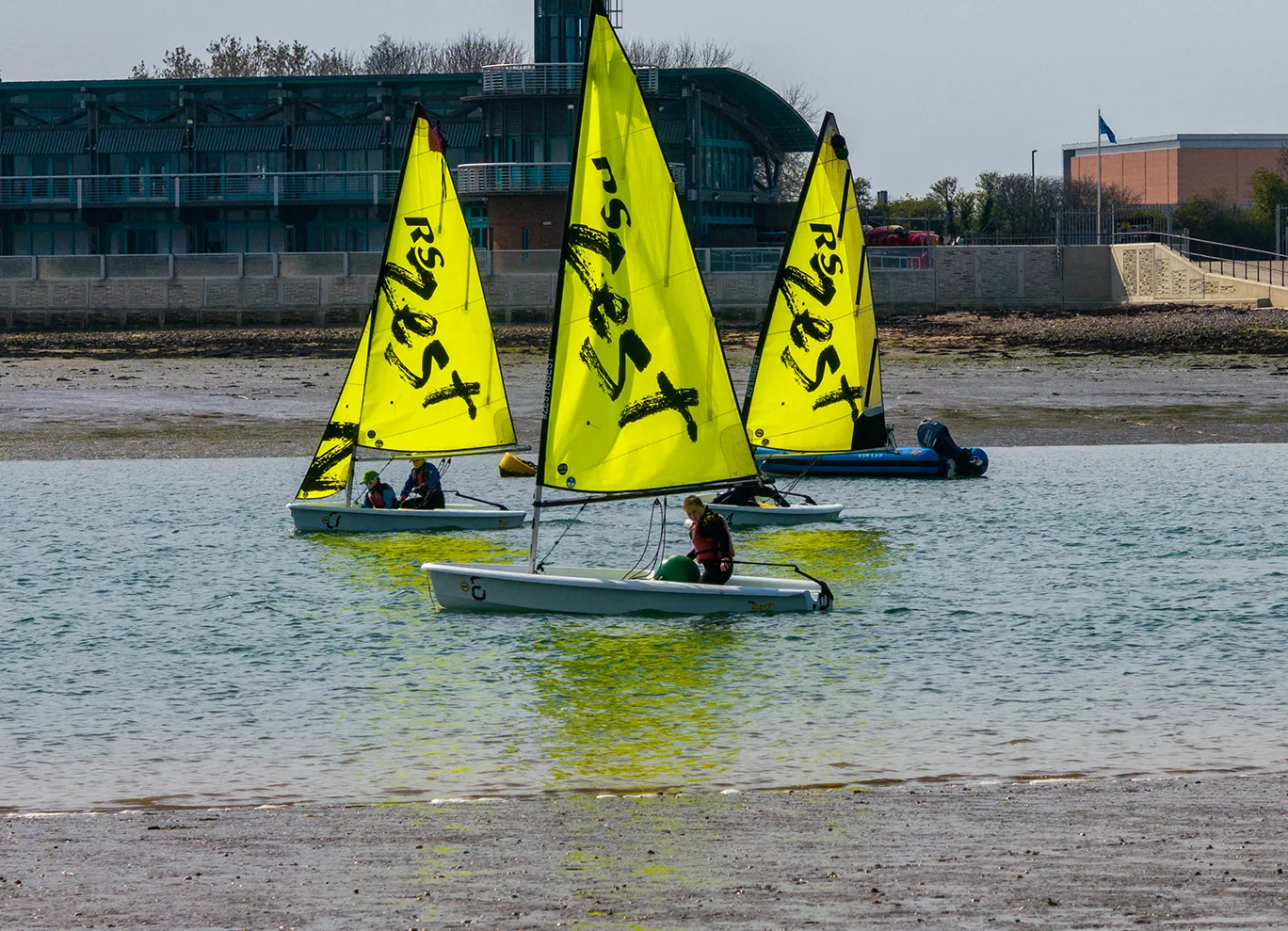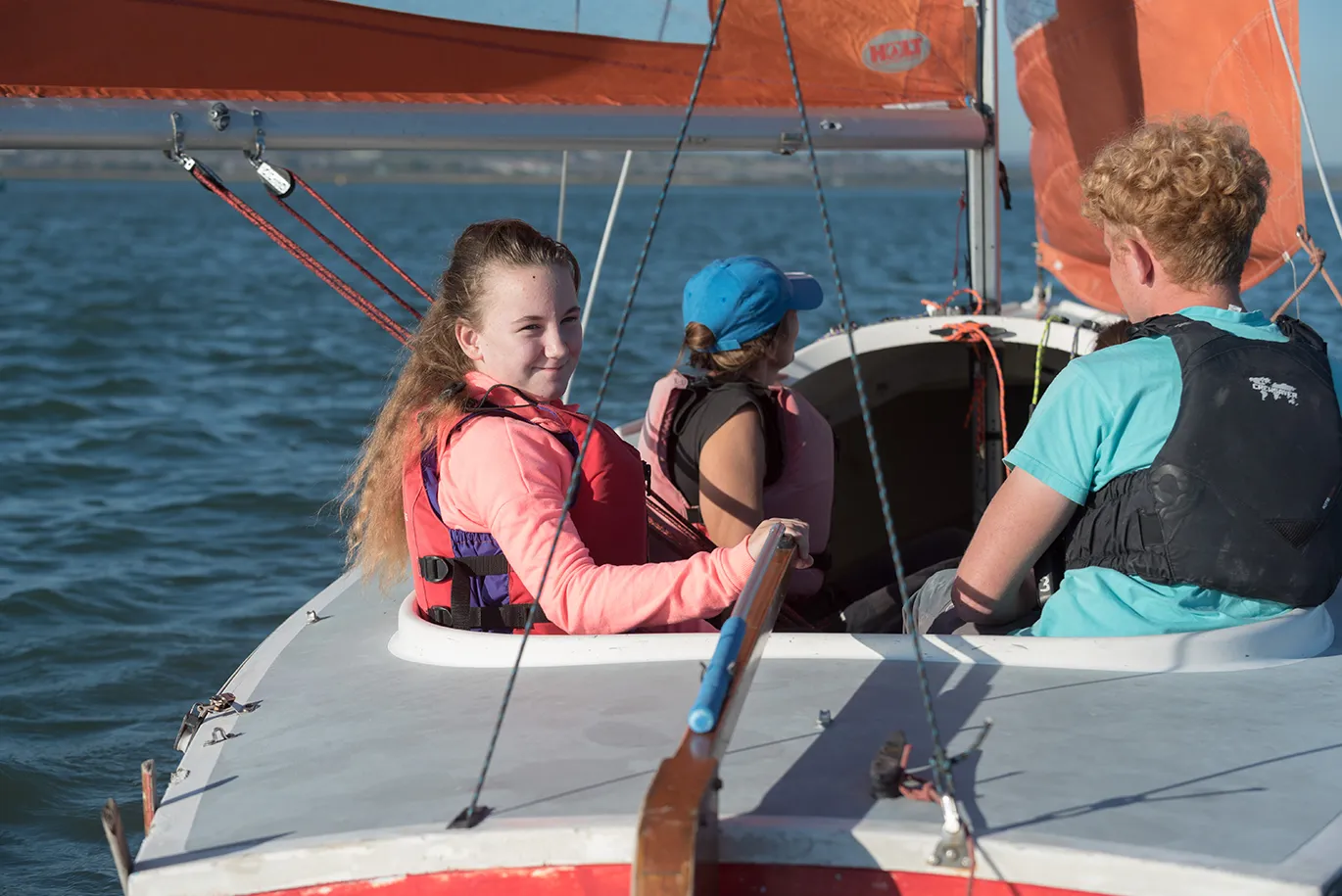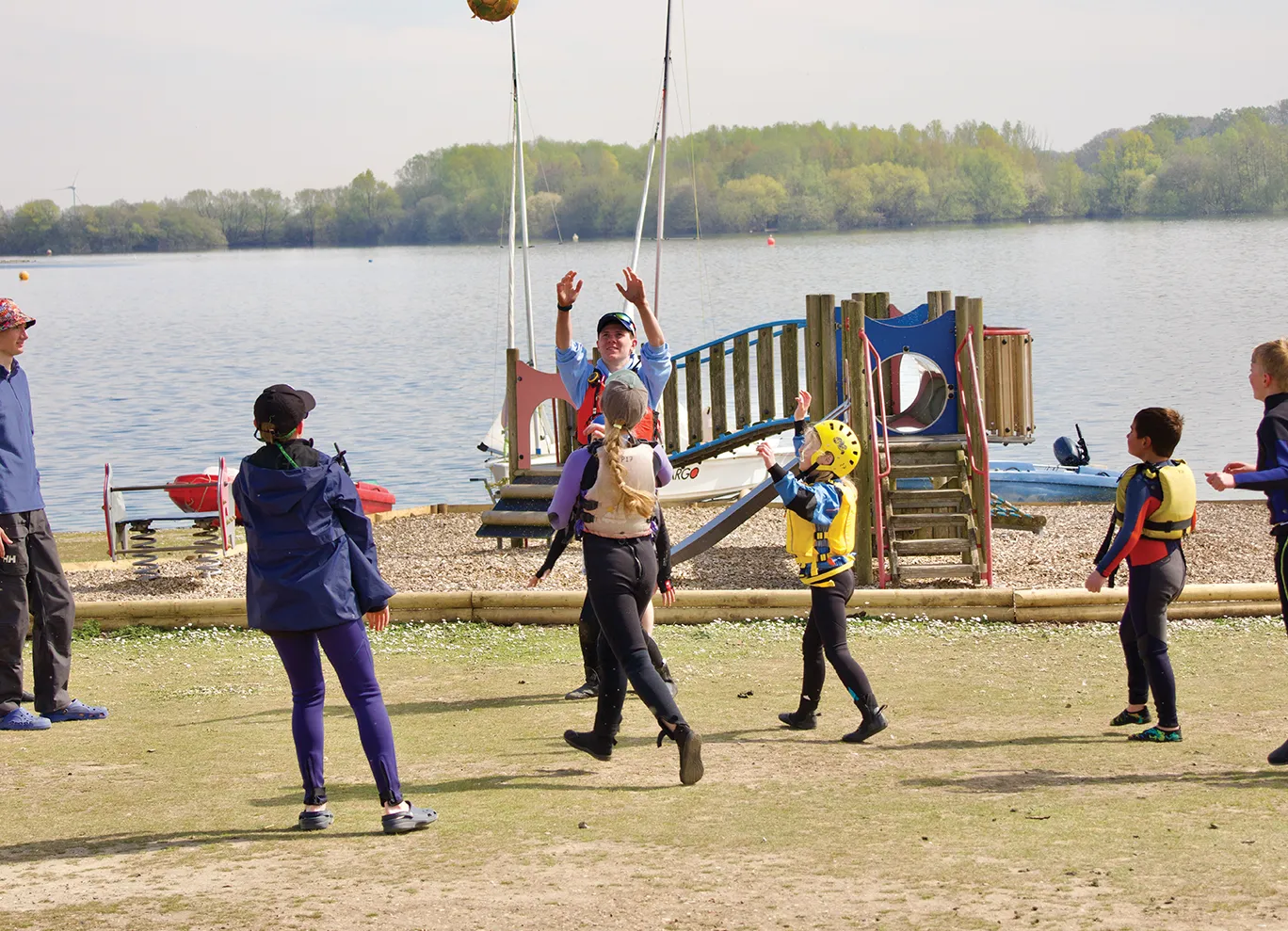This study explores the physical activity, mental well‑being, and motivational factors associated with dinghy sailing among children aged 8-13.
Led by the University of Exeter in partnership with ASF and the Royal Yachting Association, the research aimed to assess whether structured sailing sessions, particularly RYA Stage 1 and 2 courses, can enhance health outcomes and sustain youth interest in sailing.
The research employed three distinct studies: pre-and post-session surveys (affective improvements), accelerometry to measure exercise intensity, and qualitative interviews to uncover motivators and barriers. With a total of 118 participants (even gender split), the project offered both immediate and measurable insights into how young sailors feel before and after their sessions, and how much vigorous exercise they actually get onboard.
ASF’s contribution included facilitating access to youth sailors and integrating RYA training into the evaluations, crucial for aligning real-world activity with academic measurement. This collaboration ensured that findings were deeply rooted in practical youth sailing programmes, not just theoretical frameworks.
Key findings: Sailing significantly boosted positive mood and life satisfaction, with most children showing substantial increases in well‑being. Physically, participants logged moderate to vigorous exercise for over 80% of on‑water time, surpassing national physical activity guidelines. The study highlights important motivators, like family involvement and skill mastery, and identifies barriers such as cost, weather dependency, and transport challenges. It recommends improved access, community outreach, and further research on long‑term engagement.
I felt happier and more awake after the session – it was really fun out on the water.”
– Research participant
It confirmed to us that structured sailing not only gets our kids active, but also builds confidence.”
– Parent of research participant
More research
An exploration into the perceived benefits of regular recreational dinghy sailing for young people aged 9-13
This research project explores how regular participation in dinghy sailing impacts the health, confidence, and life skills of young people aged 9-13.
Health and wellbeing of young dinghy sailors
This study explores the physical activity, mental well‑being, and motivational factors associated with dinghy sailing among children aged 8-13.
Research into understanding the impacts of lockdown on children and young people from the UK COVID-19 lockdown: Leisure-less experiences
This study explores how children and teenagers in the UK felt during the COVID-19 lockdown; especially about not being able to enjoy their usual free time and activities



